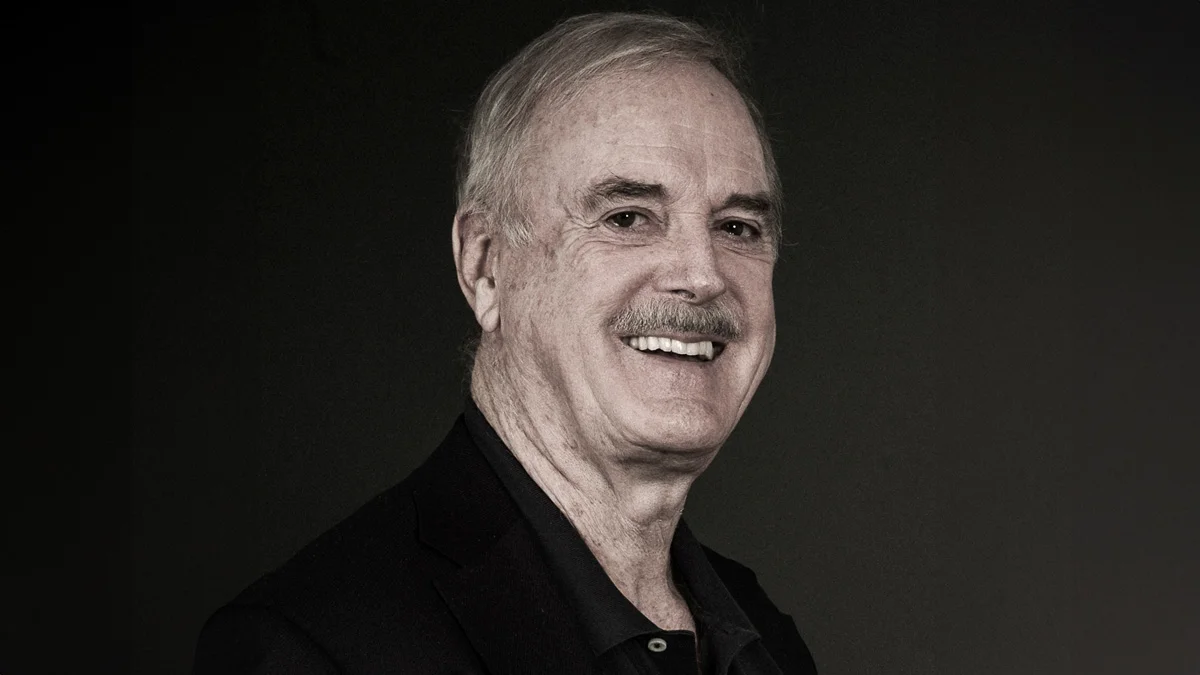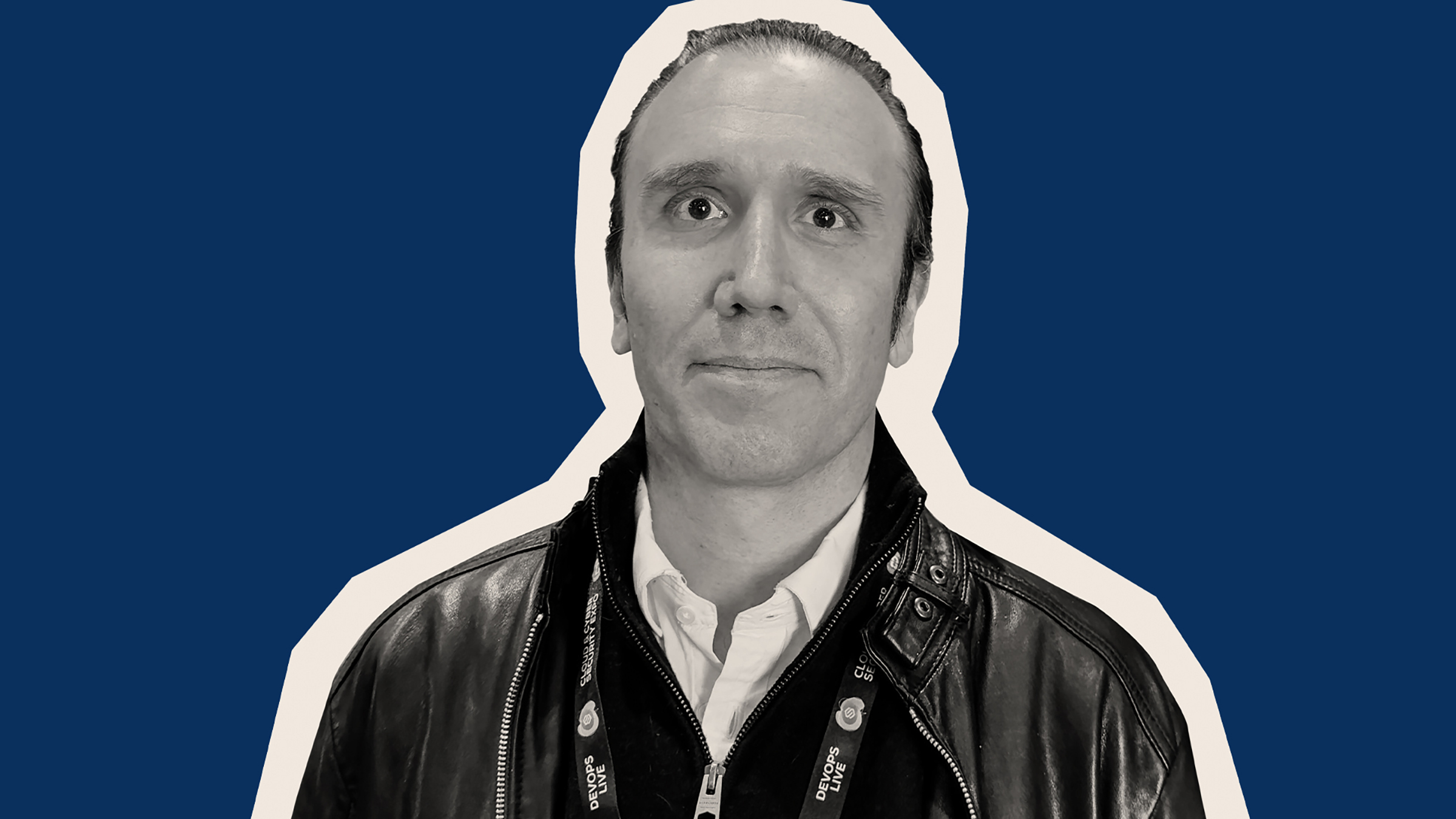
You might think the brilliant satirist who conjured up so many of the funniest moments ever screened in television and film had some of his talents nurtured at school. But no. He says he never heard a teacher utter the word “creativity” – a void in his youth that has seen him now develop a passion for talking about it.
John Marwood Cleese – whose O levels were in the drier spheres of maths, physics and chemistry and who read the sober subject of law at Cambridge – believes that creativity is something that can be taught. Or, more accurately, people can be coached in how to create the circumstances in which they can become creative.
The man who helped develop the unforgettable worlds of Monty Python, Fawlty Towers and A Fish Called Wanda, as well as playing roles in the James Bond and Harry Potter films, says creativity doesn’t just have a place in music, film and dancing. It’s just as important in the world of business, from developing pricing and marketing strategies to problem-solving and iterating your business offering.
His book, Creativity: A Short and Cheerful Guide, is just 103 pages. That means it can be read in around 40 minutes, which is exactly what Cleese wants. It aims to provide advice on how to bring creativity into your life. “I read a lot of books by psychologists, and they include a lot of stuff like, ‘If you travelled more in your youth, you are more likely to be creative’. This is very interesting, but it isn’t useful unless you can move backwards in time,” he says.
The book sets out two distinct ways of thinking, inspired by an idea by cognitive scientist Guy Claxton called “Hare Brain, Tortoise Mind”. The hare brain relies on reason and logic – purposeful thinking. Claxton gives examples of a mechanic working out why an engine will not fire or a student wrestling with an exam question. The tortoise mind is less purposeful, more playful, leisurely or even dreamy. For Claxton, this ruminating and problem-solving is where the magic happens.
At the core of getting in touch with this tortoise mind, Cleese champions the concept of play. “Picture small children playing,” he says. “They are so absorbed in what they are doing that they are not distracted, they’re just... exploring. Children at play are totally spontaneous. They are not trying to avoid making mistakes. They don’t observe rules.”
Play is an unbroken period of focus on anything. Problems with your business, fresh thinking on untapped markets, product improvements or creations… the lot. You may doubt its efficacy but out of it iconic works, such as Monty Python skits and movies, were borne.
In a lecture on the topic, Cleese credits the process for giving him an edge over others. “I was always intrigued that one of my Monty Python colleagues, who seemed to be more talented than I was, never did produce scripts as original as mine,” he said.
“I watched for some time and then I began to see why. If he was faced with a problem, and fairly soon saw a solution, he was inclined to take it. Whereas if I was in the same situation, although I was sorely tempted to take the easy way out and finish by 5 o’clock, I just couldn’t. My work was more creative than his simply because I was prepared to stick with the problem longer.”
However, one element is vital to making this process work: time. Cleese famously took six weeks to write a single episode of Fawlty Towers, but that was the deadline he’d set and that was to be obeyed. It provides the parameters for this idea. What comes with a looming deadline provides the conditions that creative people thrive in, as Cleese puts it, “the vague sense of worry we all get when we leave something unresolved”.
“The most important thing I learnt in 20 years,” he told us, “is that if you have a decision to take the very first thing you must do is ask when does this have to be made? It might be tomorrow, it might be in three months, but don’t take it before then. You may get new ideas or you may get new information, so why hurry it?”
Don’t be afraid of the unknown either, he says. “When we’re trying to be creative, there’s a real lack of clarity during most of the process. In our education, we are always told you have got to be clear, but you only have to be clear at the end. You’ve got to allow for confusion and then, I believe, if you live with that and think with it, your unconscious will start sorting it out. Then, one morning, you’ll just wake up and think, ‘Actually, that’s really the best solution’.”
The biggest killer of creativity is interruption, warns Cleese. When scaling a business, your life is practically nothing but interruptions. Research has shown that after an interruption, it can take eight minutes to regain your previous state of mind and up to 20 minutes to return fully to a state of deep focus. He encourages leaders to say, “I don’t want to be interrupted unless there’s a fire”, to allow them to think about the bigger picture or ruminate over a problem that needs solving.
This sets the tone for the rest of the organisation as well. “If you have a control freak at the top, then it’ll be control freakery all the way down,” he says. “The people at the top always think they have to be controlling, and that control works against creativity, so you should learn to trust your employees.”
Cleese concludes the book with hints and tips he’s learned about his own writing ideas, but which are also analogous to other professions and fields.
One of them is especially poignant for life and creativity: “The anthropologist Gregory Bateson once said, ‘You can’t have a new idea ’till you’ve got rid of an old one.’ This insight helped me to view my fallow periods as preparatory to the more fertile ones. When the creative juices are not flowing, don’t beat yourself up and wonder if you should retrain as a priest. Just sit around and play. Getting discouraged is a total waste of your time.”
So why not give it a go? The book might just be that positive and uplifting 40-minute read that your business needs to help you create something new within it – and within you, too.
Related and recommended

Communications specialist Tom Laranjo shares advice on how to integrate artificial technology into the workplace

Video games entrepreneur Gina Jackson explains a common trap developers can fall into when making games

Mastering emotional intelligence can help you make better decisions, navigate conflict and build a workplace people want to be part of

Both the country and the government must face the truth: either taxes will have to rise or services will need to be cut. We can’t have both

